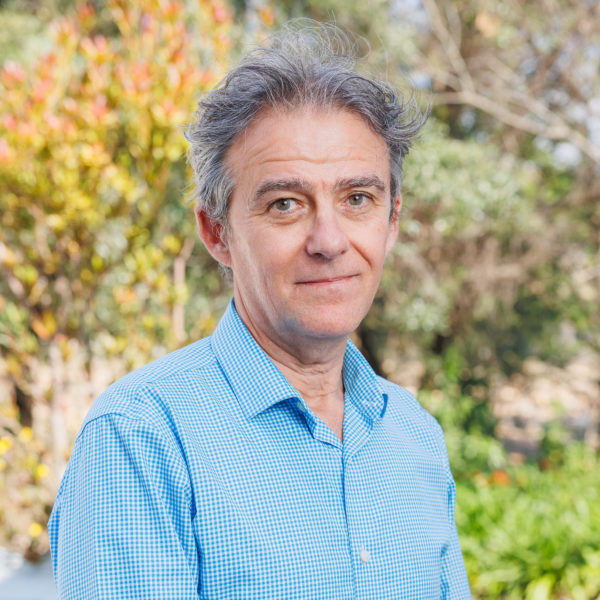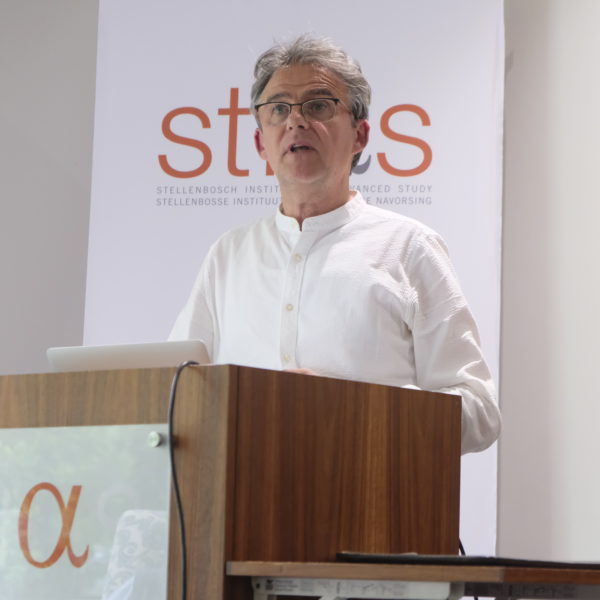Phileas Fogg, the main character in Jules Verne’s acclaimed novel “Around the World in Eighty Days”, could not have suffered from jet-lag during his trip, despite crossing multiple time zones. His body had plenty of time —more than 3 days per time zone— to get adjusted to the time differences encountered along his journey. Today, in the era of jet travel, we can cross several time zones in only a few hours; but our bodies suffer, as they struggle to adapt to the new time at our destination. Why can’t our physiology adapt more rapidly? What keeps it behind?
Our physiology is regulated by an internal clock that generates daily rhythms known as “circadian”, from the Latin circadiem, meaning “around one day”. Circadian rhythms are ancient and exist in all forms of life. Life on Earth is adapted to the rotation of our planet, and the internal clock anticipates day/night cycles, helping organisms optimize their physiology and behavior. Although the existence of a biological clock has been known for nearly a century, only recently have we begun to understand what it is made of and how it keeps ticking.
It was a remarkable series of discoveries made during the 1990s by Jeffrey Hall, Michael Rosbash and Michael Young that finally elucidated how our biological clock ticks. The discomfort of jetlag is evidence of the strength of the clock, as it takes time for the machinery to readjust to a sudden change in environmental conditions. This mechanism has important implications for human health; not just jetlag, but also the incidence of chronic syndromes, such as cancer, metabolic and sleep disorders, and several neurological conditions.
Extracted from speech by Carlos Ibanez at the award ceremony of the 2017 Nobel Prize in Physiology or Medicine, Konserthuset, Stockholm, December 10, 2017.


